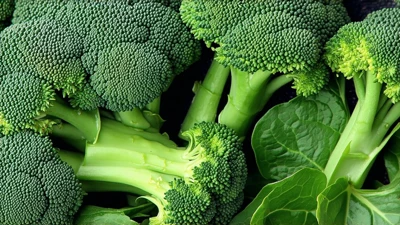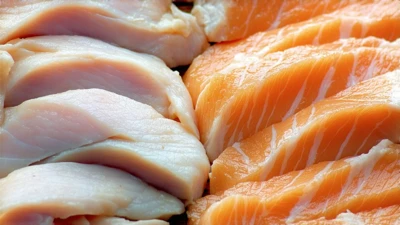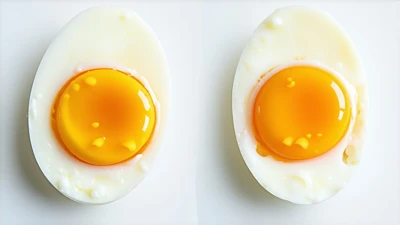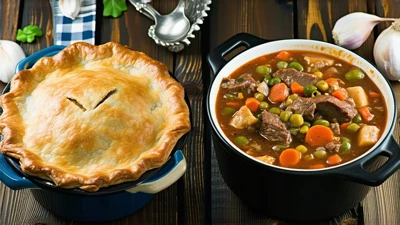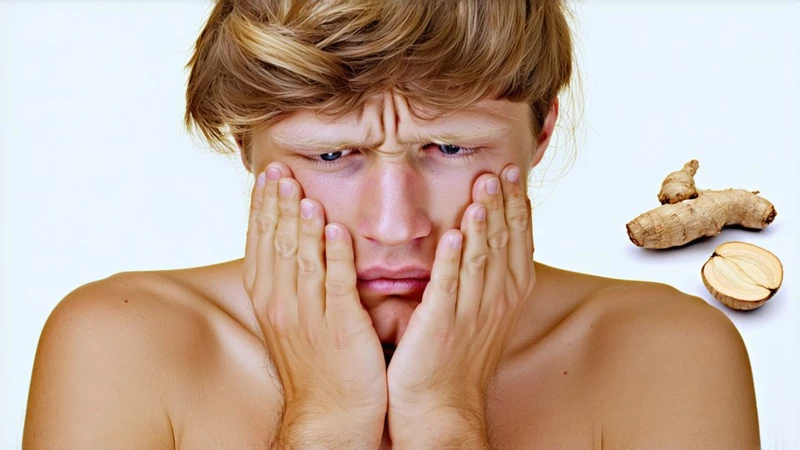
Maca vs. Ginseng for Sex Drive — A Cultural and Scientific Deep Dive
As the natural remedy market continues to burgeon, maca and ginseng have emerged from the competition as titans in the arena of libido enhancement. Both are revered for their historical foundations, nutritional attributes and anecdotal testimonials — but how do they actually stack up? This article analyzes 30 critical factors, from biochemical mechanisms to user testimonials, to decide which adaptogen comes out ahead.
Maca and Ginseng: Nutritional Profiles
Maca (Lepidium meyenii), Ginseng (Panax spp.) have markedly different nutritional profiles. Maca root is a cruciferous vegetable. It contains high amounts of carbohydrates and fiber, as well as other minerals such as calcium, magnesium, and iron. Ginseng, especially Asian ginseng (Panax ginseng), has bioactive compounds that belong to saponins called ginsenosides, which are its main bioactive constituents.
Nutrition Characteristics per 100g
| Nutrient | Maca Root (raw) | Ginseng Root (raw) |
|---|---|---|
| Calories | 97 kcal | 68 kcal |
| Carbohydrates | 20g | 12g |
| Dietary Fiber | 8g | 4g |
| Protein | 4g | 2g |
| Iron | 15% DV | 2% DV |
| Vitamin C | 30% DV | 4% DV |
| Ginsenosides | N/A | 2-3g |
| Source: USDA FoodData Central (2023) | ||
Maca & Libidos: The Key Benefits of Maca
Maca's libido-boosting reputation comes from its adaptogenic qualities, by which the body is better able to adapt to stress. In a 2015 study published in Menopause, postmenopausal women taking 3.5g of maca daily reported increased sexual desire compared to a placebo group. Its high antioxidant content might also fight oxidative stress associated with low libido.
How Ginseng is Beneficial for Libido?
Ginseng is known for boosting nitric oxide production, which improves blood flow — an important component of arousal. One 2013 meta-analysis published in Chinese Medicine found that men with erectile dysfunction had statistically significant improvements after 8 weeks of ginseng supplementation. Specifically, Korean red ginseng is associated with the modulation of testosterone.
Research on Maca and Libido
2008 Study on MEN: 1.5–3g of maca a day for 12 weeks → ↑ libido (vs. placebo, Journal of Ethnopharmacology)
Postmenopausal study — 2015: 3.5 g/day decreased sexual dysfunction in women on SSRIs (Menopause).
Ginseng and Sex Drive Science Studies
2018 Korean Study: 60% of 600mg daily Korean red ginseng users improved erectile function (Journal of Ginseng research).
2013 Meta-Analysis: In treating erectile dysfunction add Ginseng to placebos across 7 trials (Chinese Medicine).
Summary of Key Clinical Trials
| Study | Sample Size | Dosage | Results |
|---|---|---|---|
| Maca (2008) | 50 men | 1.5–3g/day | 40% increase in libido vs. placebo |
| Ginseng (2018) | 119 men | 600mg/day | 60% improvement in erectile function |
| Maca (2015) | 42 women | 3.5g/day | 27% reduction in sexual dysfunction |
How Maca and Ginseng Affect Hormones
While maca has no direct effect on hormones, it might improve endocrine activity. A 2014 study published in the journal Andrologia found that it increased sperm motility without changing testosterone levels. Ginseng, on the other hand, might stimulate testosterone production, according to a 2016 study in Phytotherapy Research.
Impact on Energy and Stamina
Both herbs fight fatigue, but ginseng's ginsenosides are especially good for physical stamina. Maca is the rich carb source which gave you energy for a long time — no wonder it's a favourite among athletes.
Reduce Stress & Promote Positive Mood
Maca's ability to adapt to physical strain lessens cortisol production, relieving the pressure to perform when stress dips in libido. Ginseng's mood-boosting properties are related to its effect on neurotransmitters, including serotonin.
Side Effects and Safety
Maca: Typically safe; large doses can upset the digestive system.
Ginseng: May reduce effectiveness of blood thinners and interact with stimulants. Excessive use can result in insomnia or high blood pressure.
Indigenous Peoples and Traditional Uses
Maca has been held in esteem among Inca warriors for its endurance and fertility. Ginseng, a pillar of Traditional Chinese Medicine (TCM), was thought to revive "Qi" (vital energy).
Cost and Availability
Maca powder, on average, goes for $10–$20 per pound, while Korean red ginseng can run up to $50 per ounce. Maca's relatively low cost and wide availability (in powder, capsules and extracts) gives it an advantage.
Gender-Specific Efficacy
Maca works equally well for men and women, while the benefits of ginseng lean toward male reproductive health.
Practicing Sustainability and Ethical Sourcing
Maca farming has been a concern in Peru as it is said to deplete soil. Ginseng takes 6+ years to grow a root, so it's a sustainability issue. Choose Fair Trade certified brands.
Expert Opinions
Dr. Emily Carter (Herbalist): "Maca is great for women who are going through hormonal changes because of its holistic benefits."
Dr. Raj Patel (Nutritionist): "Nothing beats ginseng's vasodilatory effects when it comes to men looking for quick fixes."
Conclusion: Which is Better?
Neither herb is "better" — it's all individual needs. Maca is particularly good for balancing hormones and reducing stress, whilst ginseng tends to focus on blood flow and male sexual function. For the best synergy, under medical supervision, combining both might be worthwhile.
Final Take: If you want a gentler, hormone-balance adaptogen, maca is your friend. When it comes to targeted erectile support, ginseng is the champ. (And as always, check with a healthcare provider before embarking on supplementation.)










